News

Nov 28, 2023
Researchers predict climate change-driven reduction in beneficial plant microbes
Bacteria that benefit plants are thought to be a critical contributor to crops and other ecosystems, but climate change may reduce their numbers, according to a new study by an international team of researchers. They published their findings in Nature Food.
Full Article

Oct 30, 2023
Plant pathologist to research plant diseases in organic vegetables
Sharifa Crandall will use a $800,000 grant from the USDA’s Organic Transitions initiative to study methods to suppress soilborne pathogens in vegetable high tunnels.
Full Article
Oct 09, 2023
Podcast explores impacts of inter-species microbial interactions
Over the past two decades, scientists have discovered that all multicellular life forms on Earth, including human beings, play host to a multitude of microorganisms.
Full Article
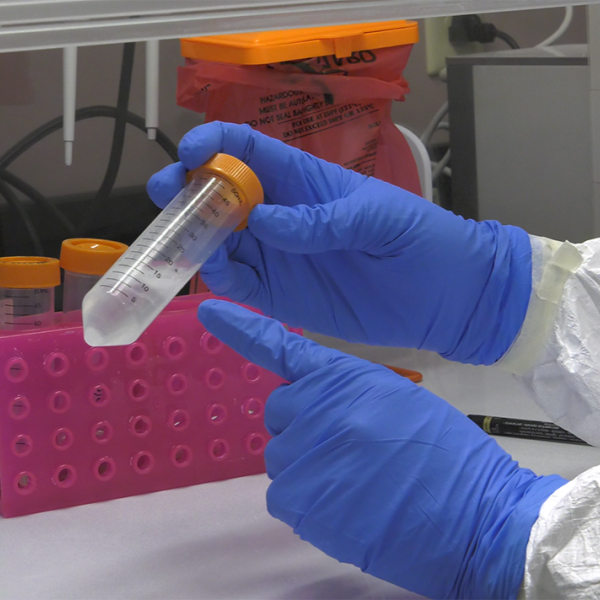
Sep 28, 2023
Q&A: Indigenous community-first approach to more ethical microbiome research
Microbiome samples from Indigenous communities have played an important role in furthering Western medicine but have often been excluded from the research process and may miss out on the benefits that result from their contributions to science.
Full Article
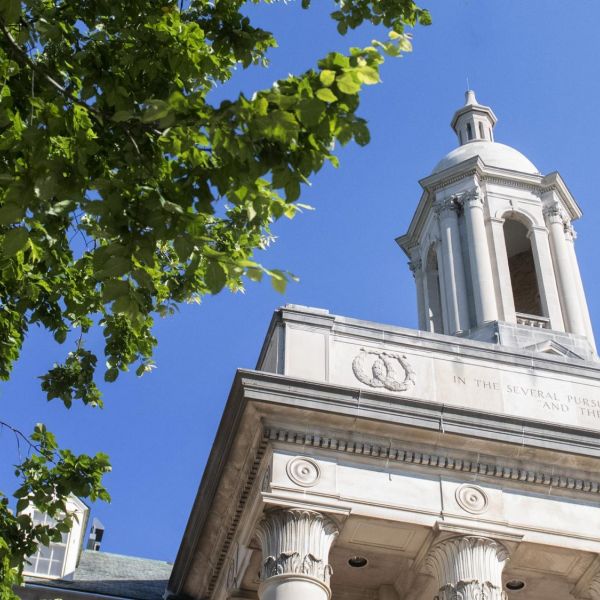
Oct 03, 2023
Penn State rises in THE World University Rankings; places 20th among US publics
Penn State ranked 20th for U.S. public universities, and 42nd in the nation overall, in the 2024 Times Higher Education World University Rankings.
Full Article
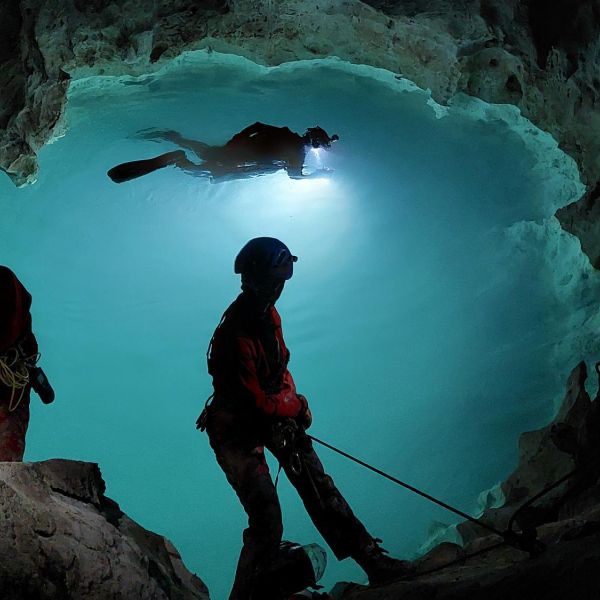
Sep 28, 2023
Q&A: Searching for life where it shouldn’t exist
A team of Penn State scientists is working to solve one of the world’s greatest unsolved mysteries: how life originated on Earth — and how it might have evolved on other planets.
Full Article
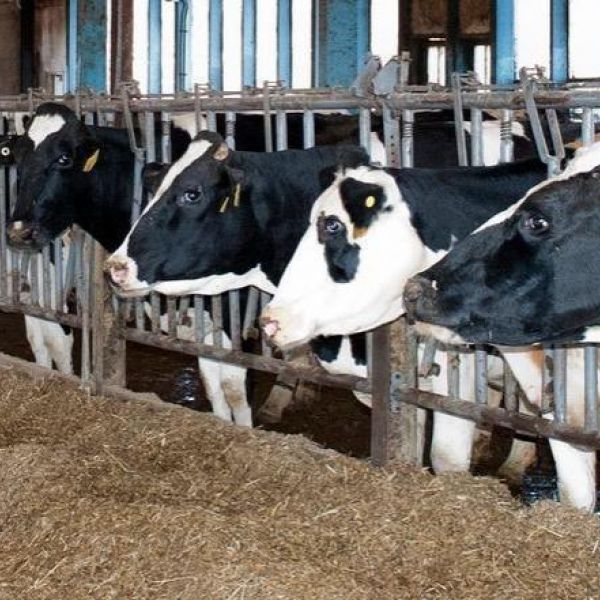
Sep 22, 2023
Researchers aim to reduce antimicrobial resistance in Puerto Rico dairy industry
Using a $1 million grant from the USDA, a Penn State-led research team will assess levels of antimicrobial-resistant microorganisms in Puerto Rico's dairy industry and train farmers and students to mitigate the health threat they pose.
Full Article
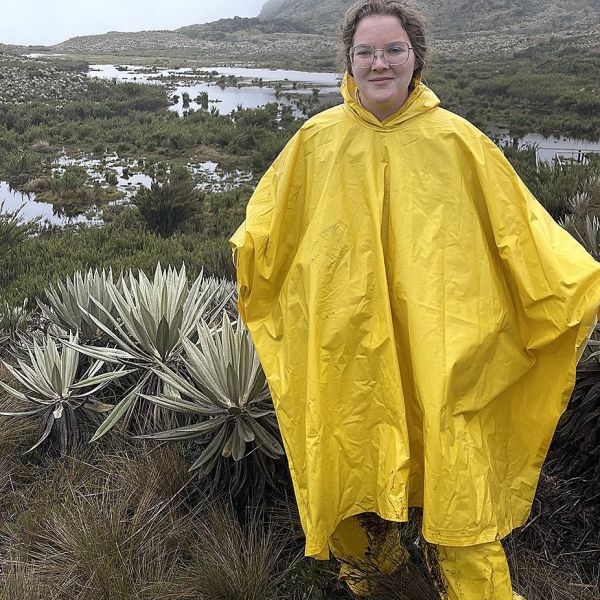
Sep 15, 2023
Penn State-led team to study climate-threatened Colombian Paramos’ soil microbes
Estelle Couradeau will lead an international team researching how climate change will affect soil microbes in the ecologically fragile and important Paramos ecosystem in Colombia’s Andes Mountains.
Full Article
Sep 11, 2023
One Health Microbiome Center honors creativity and mentoring with award series
The One Health Microbiome Center (OHMC) below has named eight recipients for its 2023-24 Inaugural Award Series.
Full Article

Sep 05, 2023
Herbs and spices tout taste and health as saturated fat, salt replacements
A team of Penn State researchers has figured out how to remove some saturated fat, sugar and salt from popular American foods while maintaining their tastiness. The trick? Replacing these overconsumed nutrients with a dose of healthy herbs and spices.
Full Article